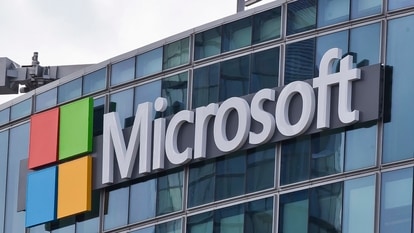QR code scams: Never scan in public places! Know 6 ways to protect yourself from fakes
Scammers are using QR codes to steal personal information, warns the Federal Trade Commission. Know how to protect yourself against QR code scams.

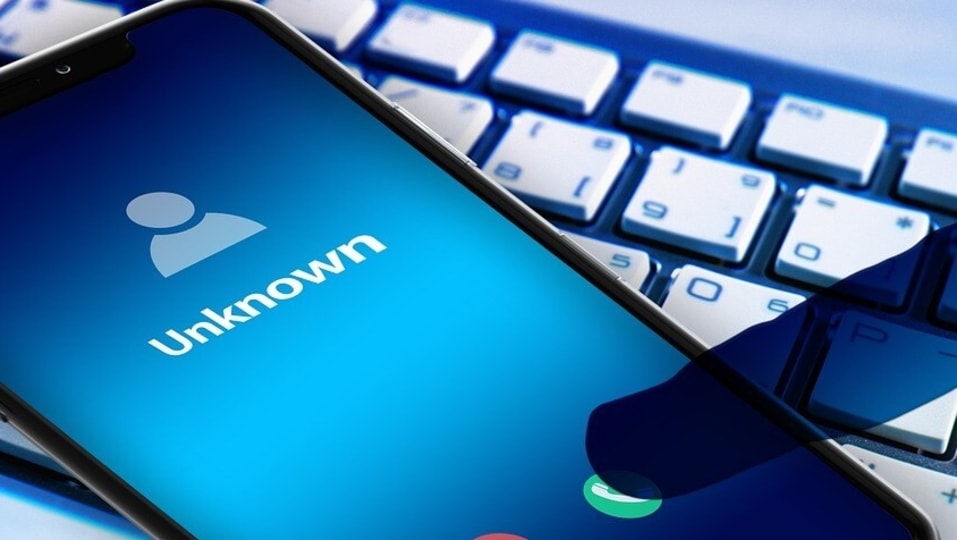
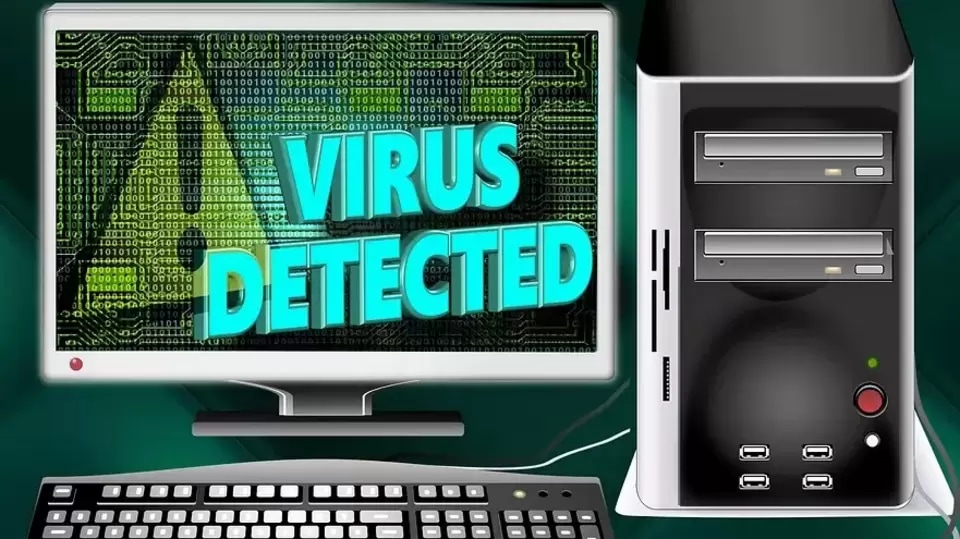

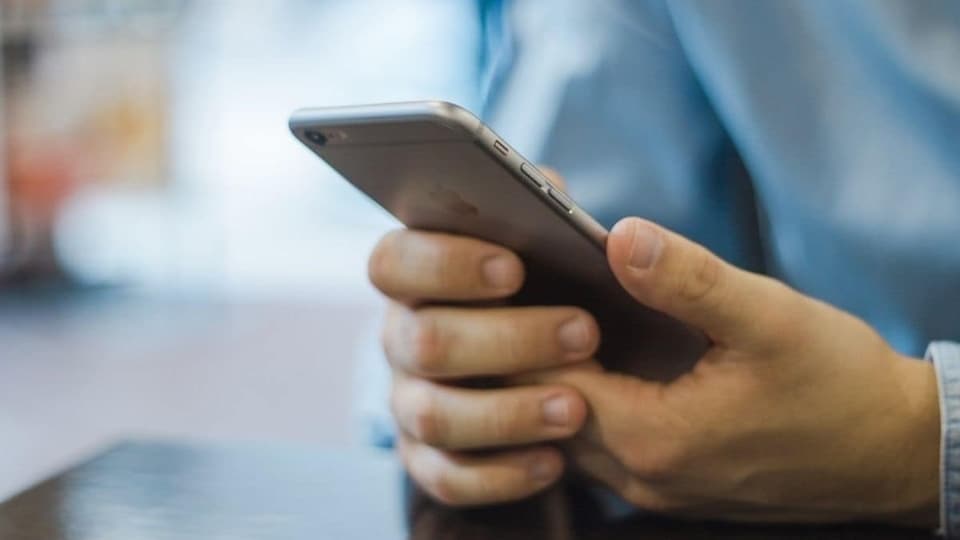
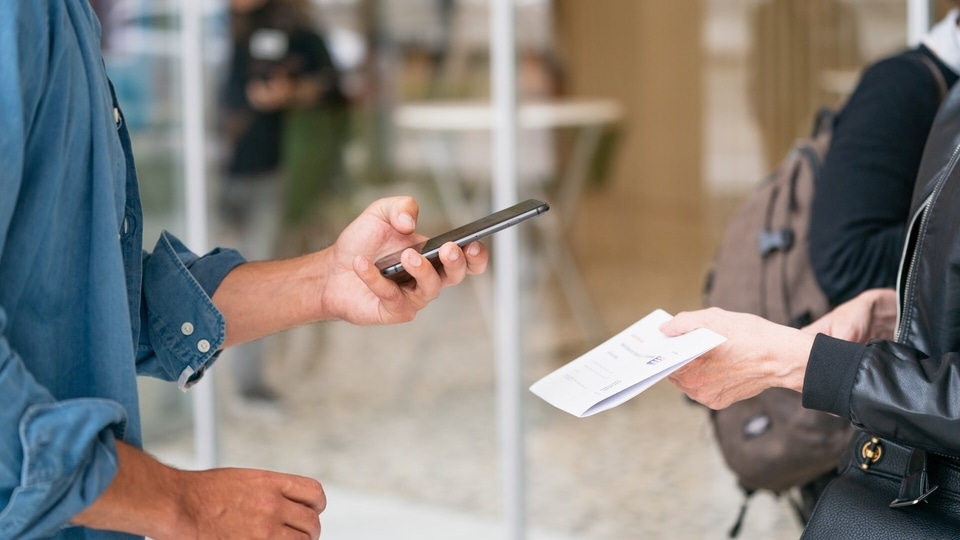
 View all Images
View all ImagesEver since the COVID-19 pandemic, the adoption of technology and a shift to the digital world has been rapid. While concert tickets are now available on your smartphones, restaurants also now have digital menus! Even making payments can be done digitally instead of pulling out cash from your wallet. Most of these activities require scanning a QR code, a two-dimensional matrix barcode, with your smartphone's camera, or a dedicated QR code scanner. While the QR code that you scan at McDonald's or KFC might be safe, you shouldn't scan QR codes that are in public spaces. In fact, if it can be helped, never scam a QR code to really stay safe.
QR code scams
This warning comes from none other than the US Federal Trade Commission (FTC) which says “Scammers hide harmful links in QR codes to steal personal information”. As per the release, scammers might cover the QR code posted on the parking meter with their own. Thus, when you make the payment, it goes directly to the scammer, dealing you a double blow. Some of them might send you a QR code by text message or email and make up a reason for you to scan it!
When you do scan the fake QR code, it might take you to a website that looks like the real deal, but it isn't. It can be a spoofed version that stores all the data you enter including your personal and financial details. The scammer might even force you to hurry up, saying that the package wasn't delivered and you need to reschedule it or there's some suspicious activity on your account.
FBI says that “Malicious QR codes may also contain embedded malware, allowing a criminal to gain access to the victim's mobile device and steal the victim's location as well as personal and financial information. The cybercriminal can leverage the stolen financial information to withdraw funds from victim accounts.”
So what can you do?
According to the FTC and FBI, there are several ways by which you can protect yourself against fake QR codes.
How to protect yourself against QR code scams
1. If you see a QR code in an unexpected place, inspect the URL before you open it. If it looks like a URL you recognize, make sure it's not spoofed - look for misspellings or a switched letter.
2. Don't scan a QR code in an email or text message you weren't expecting - especially if it urges you to act immediately. If you think the message is legitimate, use a phone number or website you know is real to contact the company.
3. Protect your phone and accounts. Update your phone's OS to protect against hackers and protect your online accounts with strong passwords and multi-factor authentication.
4. The FBI says that if you receive a QR code that you believe to be from someone you know, reach out to them through a known number or address to verify that the code is from them.
5. If scanning a physical QR code, ensure the code has not been tampered with, such as with a sticker placed on top of the original code.
6. Practice caution when entering login, personal, or financial information from a site navigated to from a QR code.
Catch all the Latest Tech News, Mobile News, Laptop News, Gaming news, Wearables News , How To News, also keep up with us on Whatsapp channel,Twitter, Facebook, Google News, and Instagram. For our latest videos, subscribe to our YouTube channel.

























